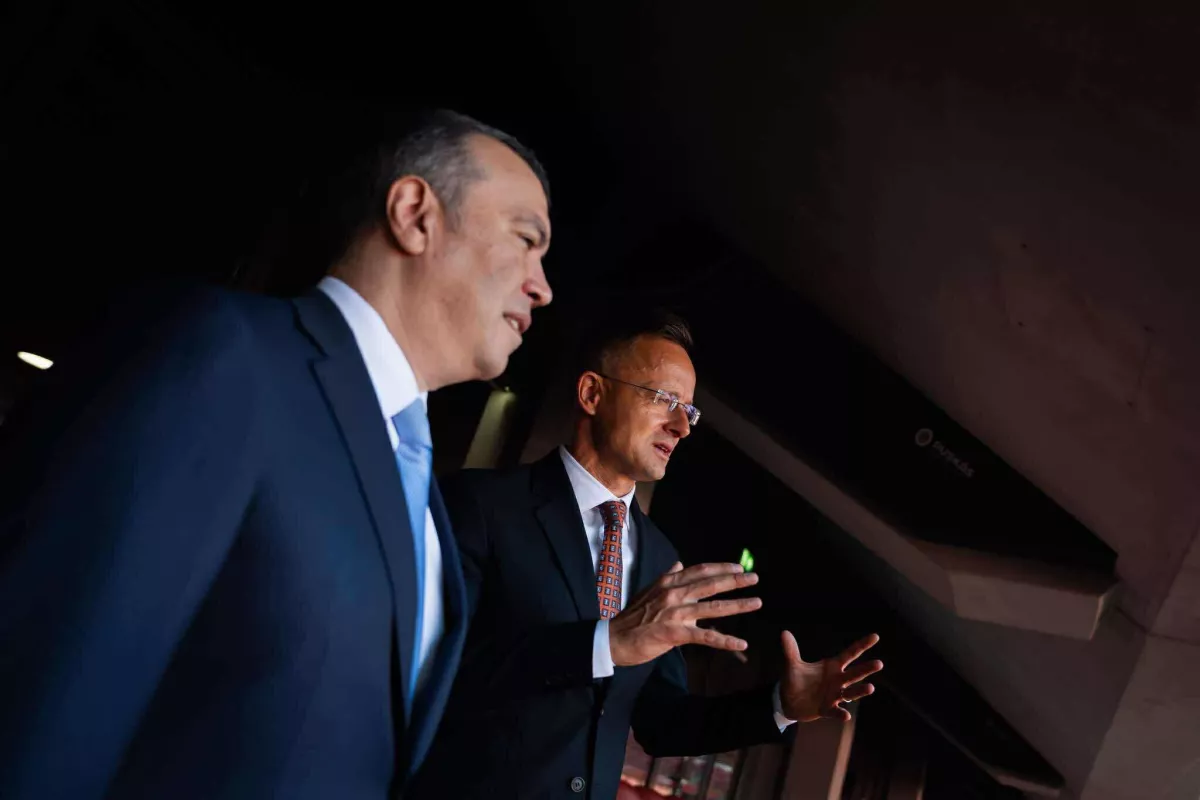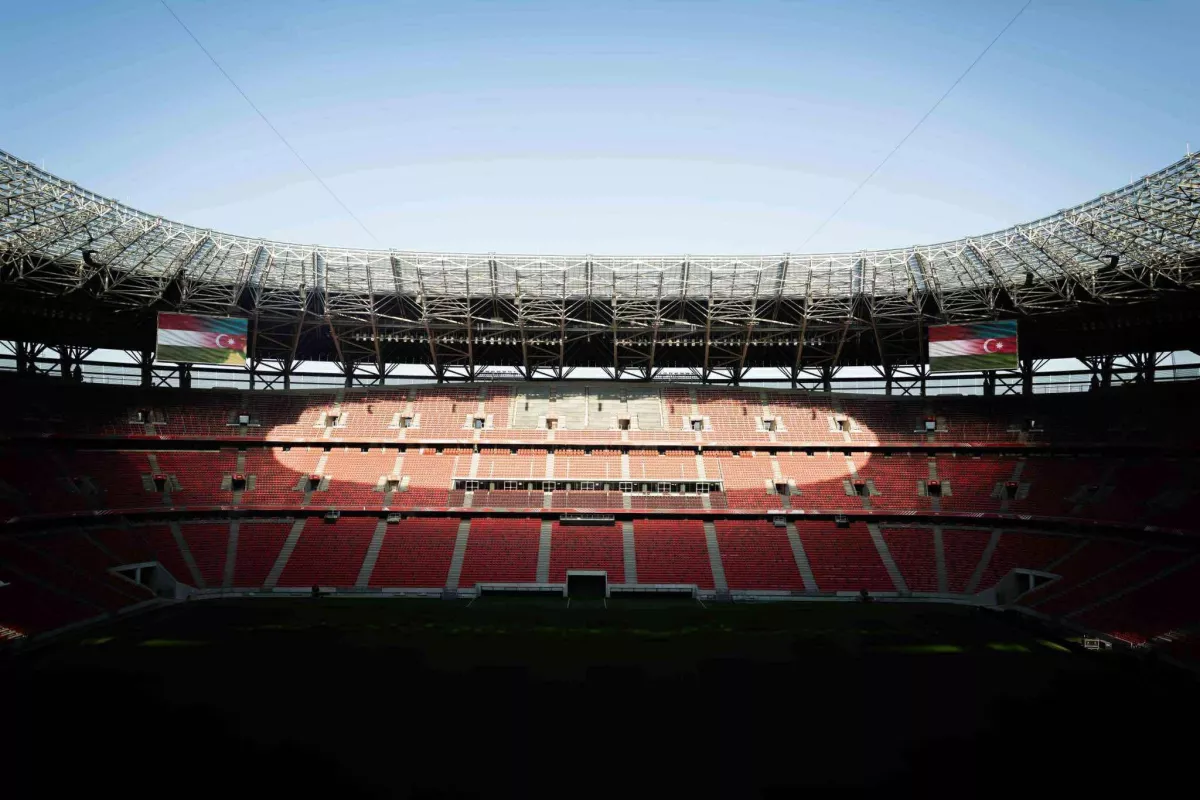Baku, Budapest explore expansion of bilateral cooperation PHOTO
On September 5, Azerbaijan and Hungary held the 11th meeting of their intergovernmental commission on economic cooperation in Budapest, as both sides seek to deepen bilateral ties.
According to Azerbaijan’s Ministry of Finance, the session began with one-on-one meetings between the co-chairs of the commission — Azerbaijan’s Finance Minister Sahil Babayev and Hungary’s Minister of Foreign Affairs and Trade Péter Szijjártó — followed by discussions in an expanded format, Caliber.Az reports

The talks focused on the current state of bilateral cooperation and potential areas for expansion, covering a broad agenda including trade, investment, energy, transport, tourism, post-conflict reconstruction, and humanitarian issues. Minister Babayev highlighted that relations between the two countries continue to develop steadily, built on a strategic partnership, mutual trust, and respect.
He also noted successful outcomes in trade, investment, energy, and transport, as well as the opportunities created by initiatives such as the transport corridors and the so-called “Green Energy Corridor,” launched under the Armenia-Azerbaijan peace process. “For Azerbaijan, these corridors align with our strategy to become a key hub between East and West, while for Hungary they offer new prospects in logistics, trade, energy transit, and industry,” Babayev said.

Minister Szijjártó emphasised that cooperation between Azerbaijan and Hungary is mutually beneficial and covers strategically important areas. He also noted that energy collaboration has transformed Hungary’s position on the international energy market, enabling the country not only to purchase gas but also to supply it to other nations.

“Fifteen years ago, when we started building a partnership with Azerbaijan based on mutual respect and benefits, some European leaders mocked and lectured us. Today, those same leaders queue up in Baku to take photos with the President,” Szijjártó said on X.
He highlighted that this cooperation has delivered major results for Hungary across multiple sectors, including energy, pharmaceuticals, agriculture, and construction. “MOL Group and MVM now own shares in Azerbaijan’s largest oil and gas fields, turning from simple buyers into energy producers on the international market,” he added.
The minister made the remarks during the 11th meeting of the Joint Commission on Economic Cooperation with Azerbaijan, held in Budapest, which underscored the enduring and strategic nature of the bilateral relationship.

The session concluded with the signing of a joint protocol. Additionally, Azerbaijan’s Food Safety Agency and Hungary’s Ministry of Agriculture signed a “2025–2027 Action Plan,” while Azerbaijan Medical University, the University of Pécs, Scandens Pharmaceuticals Industries LTD, and Pannonpharma signed a memorandum of understanding.
By Aghakazim Guliyev








